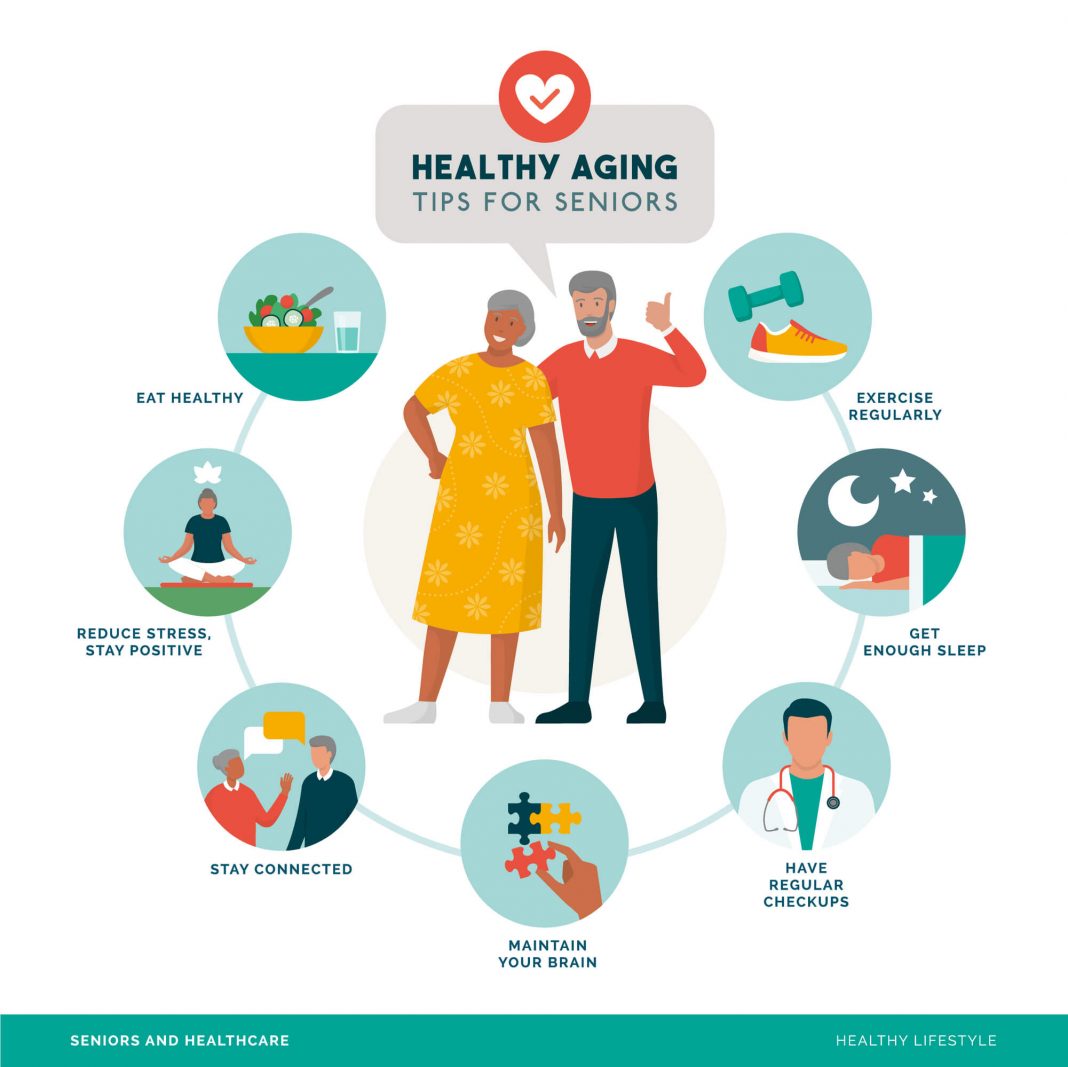On January 25, 2025, Seniors Today hosted their weekly Health Live Webinar with an internal medicine specialist Dr Sandeep Sonawane who spoke on and answered questions about Lifestyle Changes for a Healthy Life.
Dr Sandeep Sonawane is Consultant, Internal Medicine at the Kokilaben Dhirubhai Ambani Hospital, Navi Numbai.
Takeaways from the Health Live webinar session he addressed, moderated by Seniors Today Editor Pradyuman Maheshwari:
- Lifestyle diseases are non-communicable diseases and are linked to the manner in which an individual lives his life. Lifestyle diseases are not caused by an external germs or organisms which might infect your body, as is the case with communicable diseases such as malaria, dengue, etc.
- Lifestyle diseases are caused by how one lives, his environment and his daily habits.
- Some examples of a few lifestyle illnesses/ diseases include:
- Heart diseases such as myocardial infarction, atherosclerosis
- Stroke
- Respiratory ailments such as bronchial asthma, COPD, interstitial lung diseases
- Obesity
- Type II Diabetes
- Many cancers are also associated with your lifestyle
- Lifestyle diseases are on the rise because of the change in our way of living in the current times.
- Over the past few decades, we have definitely improved our economic status but inspite of that, there is not enough awareness among the population about a healthy lifestyle.
- Being economically sound now, we indulge more in smoking, drinking, which are affecting the vital organs of our body.
- Expose to pollutants through air, water and food at workplace or at home is affecting your health.
- With the economic boom, we now prefer driving to our destinations, thereby restricting/ limiting our physical activity.
- Young people now have the habit of listening to loud music causing hearing problems, prolonged sitting and bad posture has led to musculoskeletal pains and illnesses.
- We are consuming more processed food in the current times. These foods have low nutritional value.
- There is a lack of whole fruits and vegetables in our diet.
- The stress levels at work and/ or home have gone up which too has led to poor sleep.
All the aforementioned reasons have led to lifestyle diseases.
- Preventative measures for lifestyle diseases:
-
- Track your weight. Maintain a healthy and ideal body weight. A good control over your weight also helps in gaining a bette control over ones hypertension and diabetes.
- Stay active, with physical and mentally
- Indulge in regular exercise. Even a simple walk for 30-45 mins can do wonders for your body. Sitting in one posture decreases your muscle power and also makes one prone to developing blood clots in his lower limbs which can have a catastrophic affect on the heart.
- Consume nutritious food. Be aware of what is junk and what is a healthy meal
- Avoid indulging in smoking, drinking and other recreational drugs
- Get adequate sleep. Sleep not only rests your brain, it also helps in energising your entire body. While your asleep, your body rebuilds itself. It gives your brain, muscles, bones, digestive system and all your organs adequate time to rest. High blood sugar levels, frequent urination, snoring can all lead to and interrupted/poor sleep and can lead to daytime sleeping. 6- 7 hours of sleep are essential.
- If your physical status permits, you can go for brisk walks or even aerobic exercises for 30-45 mins. Regular physical exercise helps in lowering your blood glucose levels by improving your body’s insulin secretion, reducing your fat content, lowering your cholesterol. It also controls your body weight. It also increases your blood circulation in the body.
- Yoga helps in increasing your muscle strength, endurance, immunity, improves your joint health.
- What it does not do is cause weight loss/ burn your fat that you already have
- It does however reduce your craving for food such as junk food
- Yoga also helps in reducing your stress levels
- It controls your blood sugar, lowers your cholesterol and also improves your blood circulation
- However, not all asanas are meant for all individuals, hence it is advised to consult with a certified yoga instructor before starting your practice.
- Smoking not only increases the risk for lung cancer, prostate cancer and bladder cancer, it also leads to rise in the incidence for brain strokes and heart attacks.
- Many smokers who are also diabetic might also run the risk of multiple amputations as a complication. This is because of poor wound healing and the highly contributory factor for the same in a diabetic patient is smoking.
- Some measures that you can take for a good night’s sleep:
-
- Make sure that your bedroom is quiet, calm and cool
- Reduce your smartphone usage before bedtime
- Avoid smoking, drinking, exercise and large meal consumptions right before your bedtime
- Avoid caffeine content in your food after 1600 hrs
- Go to bed and wake up at the same time everyday
Have a balanced diet with a combination of carbohydrates, fats, fibres, proteins, micro and macronutrients.




